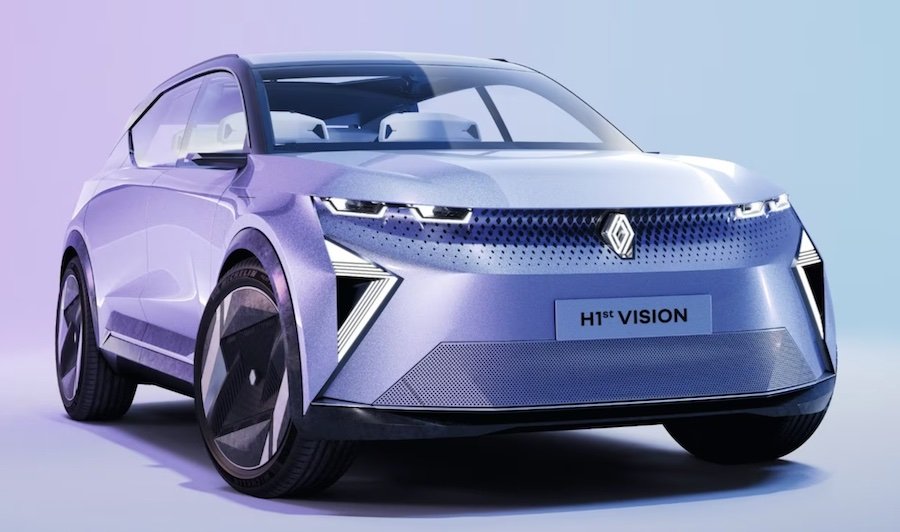Future-Generation Vehicles Will Be Intelligent And Capable Of Learning

The car as a smartphone? It is in some ways already old news, given that "the real novelties of the next generation of cars will be software, semiconductors, and product intelligence." For Renault CEO and European Automobile Manufacturers' Association (ACEA) President Luca De Meo, "it will be this that will change the customer experience".
Technology? It Will Be 40 Percent Of The Car's Value
De Meo spoke at the inauguration of the Vivatech show in Paris, and he didn't need highbrow terms like machine learning, artificial intelligence, or digital twins, to get his point across to the audience. He clearly explained that "machines will become evolutionary, intelligent, connected objects that will learn."
"I always say that if you look at the issue from the customer's point of view, the fundamental thing is all the technology that we will put in, electronics and software, by 2030 will account for 40 percent of the value of a car," he said. "Already today, vehicles have more than 100 million lines of code – more than an airplane – and this is a number that will increase."
Europe Needs A Strong Industrial Strategy
De Meo also talked about Europe, stating a strong automotive strategy in the automotive sector is needed to recover lost ground from Tesla, not to mention China where EVs and tech-related systems are booming. "Technically, I think we can do just about everything in Europe and I see no limits to our engineering capabilities," De Meo explained. "But it is clear that you have to make sure you are present in a whole range of segments, such as semiconductors or the electric car value chain."
Continuing, De Meo said: "There are certainly many funds that, for example, in the Green Deal, have been donated to go in this direction, but on the other hand, Europe tends to do a lot of regulation. [We need] a bridge between these two things and this bridge is called industrial strategy. We in the automotive world are part of the solution and therefore, we want to have a voice in defining the rules of the game."
De Meo recognizes this is a long-term process, but one that starts now. And it's a strategy he feels should very much involve the input of automakers.
"But the strategy is also implemented over the years; we only ask for a seat at the discussion table," he stated. "We are the ones who make things, who invest money. And I'm talking about 250 billion in the next six to seven years in electricity alone."
De Meo's words weren't merely shared for effect. At Vivatech, Renault presented the Human First Vision (also known as the H1st Vision) concept vehicle, bristling with all kinds of tech systems such as biometric locks, heath monitoring gear, and more. It's the product of Software Republique, a consortium of companies made up of Renault, Atos, Dassault-Systems, Orange, STMicroelectronics, and Thales.
"We need a strong industrial strategy," concluded De Meo.
